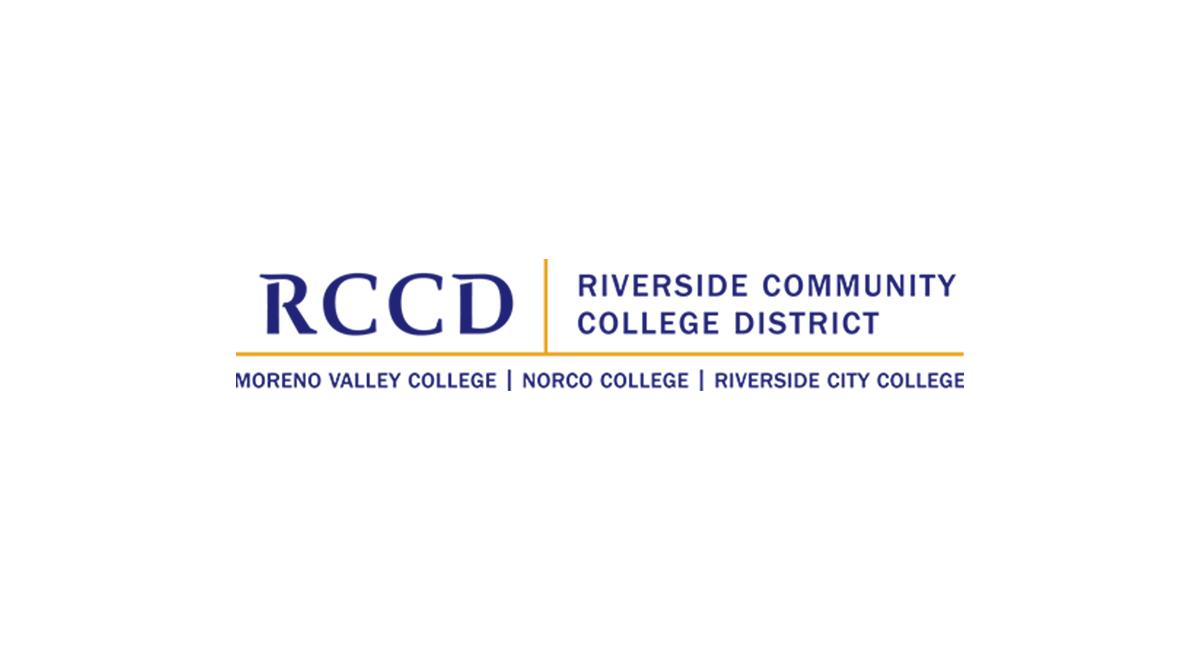By Erik Galicia
Reports during the Riverside Community College District Academic Senate meeting March 30 identified needed improvements regarding the transition to online instruction forced by the COVID-19 pandemic.
“Going to the online platform has its own challenges,” Chancellor Wolde-Ab Isaac said. “We want to make sure that the issue of equity is not eclipsed by the fact that we are in a very difficult situation.”
According to Isaac, over 40,000 surveys were sent out March 26 regarding students’ experiences with the transition. Susan Mills, vice chancellor of Educational Services and Strategic Planning, said the district had only received about 2,500 responses as of March 30.
“This is a survey that we would like to have [students] complete so that we could get feedback,” said Mark Sellick, District Academic Senate president. “It’s beneficial for us to be able to serve students more effectively.”
According to Sheila Pisa, interim dean of Distance Education, several faculty have raised concerns over integrity during online testing.
Pisa explained that a “lockdown” feature during online testing will prevent students from accessing other browsers and a camera “monitor” feature will highlight a student’s screen if suspicious behavior, such as getting up during a test, is detected.
But Stacie Eldridge, an RCC chemistry instructor, questioned the accessibility of the features.
“With the ‘lockdown’ browser, we had a couple faculty mention that the Chromebooks are not compatible with that,” Eldridge said. “Some don’t have cameras. If it’s not accessible to one or two, then you really can’t use that platform.”
According to Eldridge, an RCC Chemistry Department student survey conducted during the first week of the Spring 2020 semester found that up to 30% of one class did not have access to a printer at home.
“When you’re trying to give an organic chemistry exam where [students] are writing out mechanisms and they can’t necessarily do it in multiple choice fashion, they need to be able to print out things,” Eldridge said. “It’s really creating a lot of obstacles.”
Another RCC chemistry instructor, Paul Richardson, said that up to a dozen of his students have experienced connection issues during online quizzes.
According to Vivian Harris, a Norco College library services instructor, student emails indicate that a number of laptops rented out for use during the campus closures are programmed with a Deep Freeze reboot, which in effect erases new files upon a shut down.
Pisa urged that students should contact their instructors and Canvas technical support in case of a malfunction but admitted that resources are stretched thin.
“We have a very small staff that’s working very hard to get faculty what they need right now,” Pisa said. “I don’t know that we could support online stuff for students as well.”
Moving forward, the district will work to identify the best possible technical support service provider for students, according to Isaac.
Pisa reported that dozens of courses at RCC have received an accessibility score of less than 50%. An Ally Institutional Report run March 27 found Canvas issues such as images with no descriptions, documents without headings and videos without captions, which may make things difficult for students who log into class in a place where they need to be quiet.
The district’s goal is to have all courses reach an Ally score of at least 80% no later than April 13. Faculty mentors are being identified and trained to help their peers reach this target in time.
The chancellor maintained that, for the most part, the district is doing well at transitioning in a timely manner.







